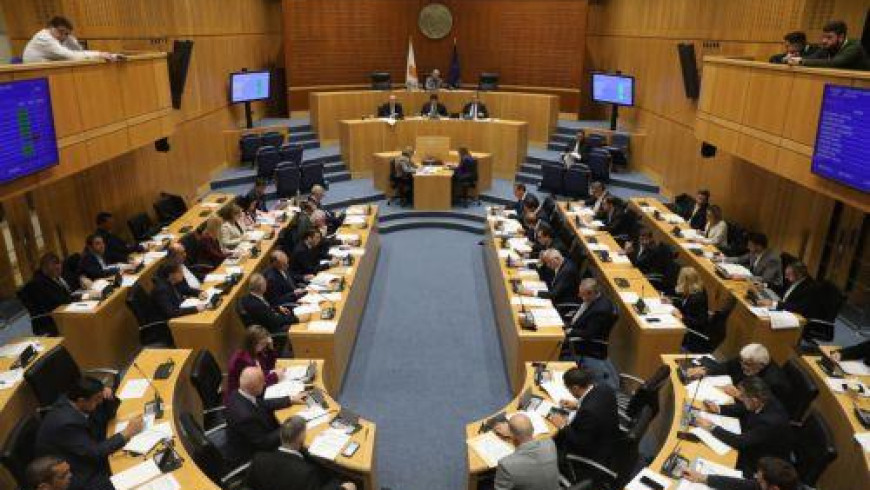
Cyprus Minister of Finance Haris Georgiades has warned the Parliament over a series of consequences both on the economy and the Bank of Cyprus, if a bill forcing the restructuring of loans which have bank convertible bonds as collateral is approved.
The convertible bonds, which amount to €1.2 billion, were converted to almost worthless shares as part of the resolution of the Bank of Cyprus and Laiki Bank back in 2013. The bill tabled by House President Yiannakis Omirou regulates the restructuring of loans established by non institutional investors to buy these bonds, which were pledged as collateral.
“I do not dispute the good intentions of all those who tabled the proposed bill, however the reality is that the approval of this bill would cause a series of ramifications on the economy. It will also deal a blow to Cyprus as a reputable financial centre as well as impact its attractiveness to foreign investors,” Georgiades says in a letter to the President of the parliamentary committee of Financial and Budgetary Affairs.
He also points out that by forcing loan restructuring to borrowers who bought these bonds which were pledged as collateral, the bill discriminates against people who did not resort to borrowing to acquire such bonds.
“In view of the above, the bill seems to be violating article 28 of the Constitution regarding the right of property and the right to enter into a contract,” he says.
The convertible bonds, which amount to €1.2 billion, were converted to almost worthless shares as part of the resolution of the Bank of Cyprus and Laiki Bank back in 2013. The bill tabled by House President Yiannakis Omirou regulates the restructuring of loans established by non institutional investors to buy these bonds, which were pledged as collateral.
“I do not dispute the good intentions of all those who tabled the proposed bill, however the reality is that the approval of this bill would cause a series of ramifications on the economy. It will also deal a blow to Cyprus as a reputable financial centre as well as impact its attractiveness to foreign investors,” Georgiades says in a letter to the President of the parliamentary committee of Financial and Budgetary Affairs.
He also points out that by forcing loan restructuring to borrowers who bought these bonds which were pledged as collateral, the bill discriminates against people who did not resort to borrowing to acquire such bonds.
“In view of the above, the bill seems to be violating article 28 of the Constitution regarding the right of property and the right to enter into a contract,” he says.














 3287.99
3287.99 1275.09
1275.09
